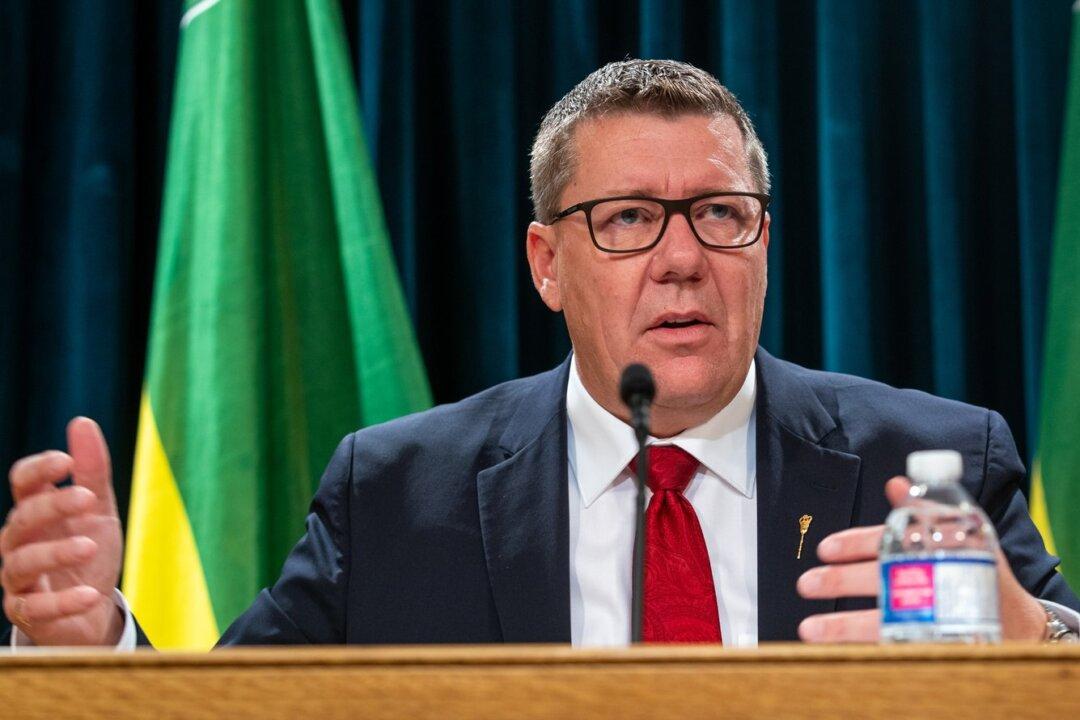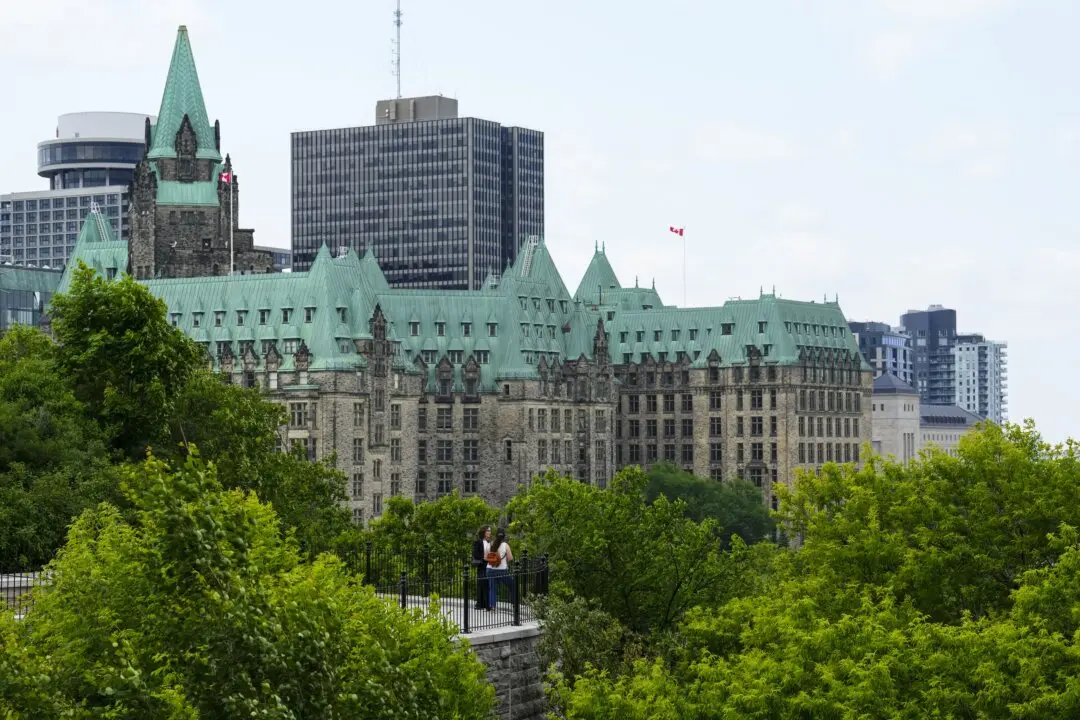The latest hearing in a legal challenge of Saskatchewan’s school pronoun policy wrapped up on Sept. 24, with the provincial Court of Appeal reserving its decision to a future unspecified date.
The Saskatchewan government had announced the policy back in August 2023 requiring schools to have parental consent before students under age 16 can change their names or pronouns.





